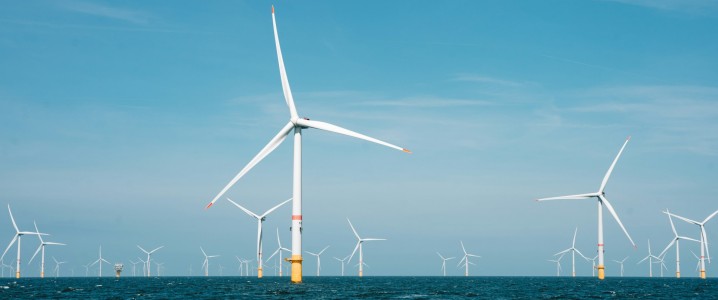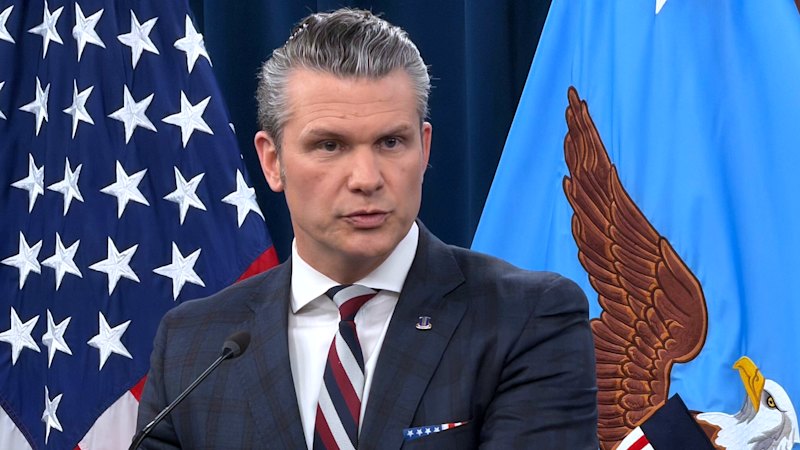
Shares in Ørsted experienced a dramatic decline on Monday, falling by 18% to a record low of $27.28 (174 Danish crowns) after the U.S. government issued a stop-work order on a nearly completed offshore wind project. This significant drop marks the lowest share value for Ørsted, the world’s largest offshore wind project developer, and reflects mounting investor concerns regarding the company’s future prospects.
The stock’s decline follows a challenging year for Ørsted, with shares down 46% since January 2023. The most substantial losses occurred earlier this month when the company announced plans for a $9.4 billion (60 billion Danish crowns) rights issue intended to raise capital from existing shareholders. Ørsted cited an “extraordinary situation” stemming from adverse market conditions in the U.S., compounded by ongoing macroeconomic and supply chain challenges.
Project Halt and Investor Reaction
The latest plunge in Ørsted’s shares was triggered by the announcement that Revolution Wind LLC, a joint venture between Ørsted and Global Infrastructure Partners’ Skyborn Renewables, received a stop-work order from the U.S. Department of the Interior’s Bureau of Ocean Energy Management (BOEM) on Friday. In response, Ørsted confirmed that Revolution Wind would comply with the order and take necessary steps to halt all offshore activities, prioritizing the safety of workers and the environment.
Revolution Wind is a crucial project for Ørsted, having achieved 80% completion with all offshore foundations installed and 45 out of 65 wind turbines already in place. The project has secured 20-year power purchase agreements to provide 400 MW of electricity to Rhode Island and 304 MW to Connecticut, enough energy to power over 350,000 homes across both states.
The halt in construction has raised serious concerns among investors, who reacted with a sell-off of Ørsted’s stock. The company’s need for additional capital, as indicated by the recent rights issue announcement, signals ongoing difficulties in the offshore wind sector. Earlier this year, Ørsted had already warned about the challenging climate for the industry, suggesting that the troubles faced by offshore wind projects over the past two years are far from resolved.
With the recent developments, Ørsted’s leadership faces a critical juncture as they navigate regulatory hurdles and market volatility. The future of offshore wind energy in the U.S. remains uncertain, potentially impacting not only Ørsted’s operations but also the broader renewable energy landscape. Investors and stakeholders will be closely monitoring how the company addresses these challenges in the coming months.







